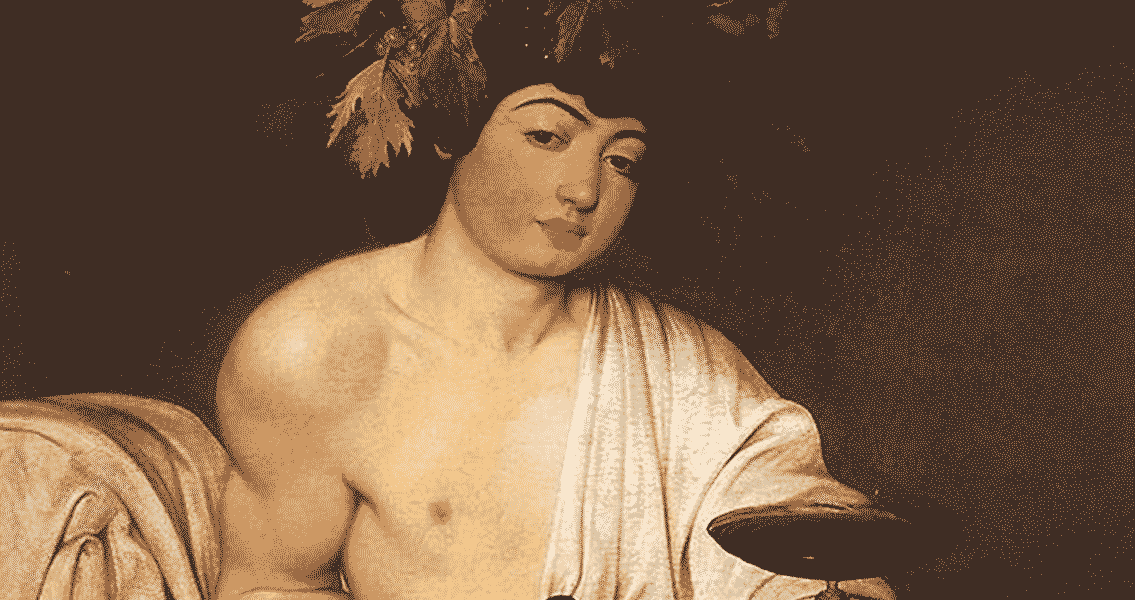<![CDATA[Hot on the heels of the discovery of a pottery workshop in the ancient city of Pompeii, archaeologists have found the remains of another one at the bottom of the Aegean Sea. The workshop was part of an ancient Greek settlement on the island of Delos. The announcement of the discovery was made by the Greek Ministry of Culture, who are dubbing it “the underwater Pompeii”. The settlement lays at a depth of about six feet, off the northeastern coast of Delos. It is strange how close the ruins are to the coast, as discoveries like this are usually made close to ports. The discovery was made by the National Hellenic Research Foundation and the Ephorate of Undersea Archaeology, the workshop was found along with several other buildings. Ruins of buildings were not the only things found at the site. The archaeologists found sixteen terracotta pots and the remains of a kiln buried under sediment on the sea floor. The pottery workshop is similar to the one found in Pompeii recently, according to the ministry. The archaeologists went on to find an interesting array of large rocks lined up in front of the workshops. According to the researchers, they were part of the waterfront of the settlement. It is believed that the settlement was important for commercial activities and crafting, but it remains a mystery how and why it collapsed into the sea. Other buildings found at the site include several unidentified structures, such as the remains of walls stretching along the coastline. This adds more mystery to an already mysterious site. Delos is in the centre of the Cyclades archipelago, near the island of Mykonos. It flourished as an important trade and cultural centre from the eighth to the first century BCE. According to Greek mythology the sun god Apollo was born there, leading to the religion of Apollo being founded on the island. It was the Romans that converted Delos from a religious center into a free port in 166 BCE, so it could compete with Rhodes. It soon became the centre of the Aegean slave trade, trading up to 10,000 slaves a day. The thriving times would soon come to an end however, as the island was attacked by Mithridates VI of Pontus in 88 BCE, who killed about 20,000 resident Romans. Another attack was made on the island some 20 years later by pirates. These attacks contributed to the decline of Delos, which was soon replaced by Puteoli as the chief slave trader in the region. Because Delos did not have any native heritage, it quickly became uninhabited. Delos has an interesting history, and the Greek archaeological societies hope to find more information from the underwater settlement which might shed more light on the role of the island during the Roman era. ]]>
Ancient Settlement Found Underwater
